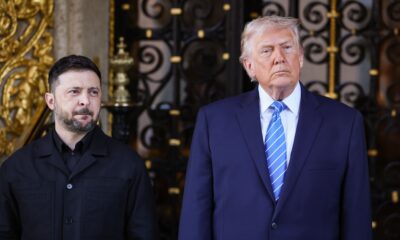News
Russia and US Set for Historic Prisoner Swap Including Gershkovich and Whelan
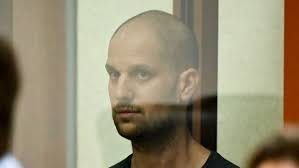
In a significant development, Russia and the United States are poised to conduct a major prisoner exchange on Thursday, involving the release of three US citizens imprisoned in Russia. The individuals expected to be freed include Wall Street Journal reporter Evan Gershkovich, US Marine veteran Paul Whelan, and Russian-American radio journalist Alsu Kurmasheva. The deal, confirmed by a senior US official, marks a notable diplomatic effort by the Biden administration.
The prisoner swap is anticipated to involve a total of 24 prisoners held across Russia, the US, Germany, and three other Western countries. Among those expected to be returned to Russia are eight Russian nationals, some of whom have suspected ties to Russian intelligence. Notably, Vadim Krasikov, identified by German officials as a colonel in Russia’s FSB intelligence service and serving a life sentence for the 2019 murder of a Kremlin opponent in a Berlin park, is included in the exchange.
The arrangement follows days of intense speculation regarding a major swap involving multiple countries, spurred by reports that several dissidents and journalists jailed in Russia had been moved from their prison cells to undisclosed locations. One such detainee, Vladimir Kara-Murza, a Kremlin opponent with dual Russian-British citizenship, has been unaccounted for, raising hopes that he too might be part of the exchange.
Other potential individuals on the list include Russian opposition politician Ilya Yashin and veteran human rights campaigner Oleg Orlov. While secret prison transfers are not uncommon in Russia, the simultaneous “disappearance” of high-profile prisoners has been notably unusual.
Additionally, earlier this week, Belarusian leader Alexander Lukashenko pardoned a German citizen, Rico Krieger, who had been sentenced to death on terrorism and other charges, further fueling expectations of a significant diplomatic deal in the works.
News
Louvre Director Steps Down Following Jewel Heist and Security Review
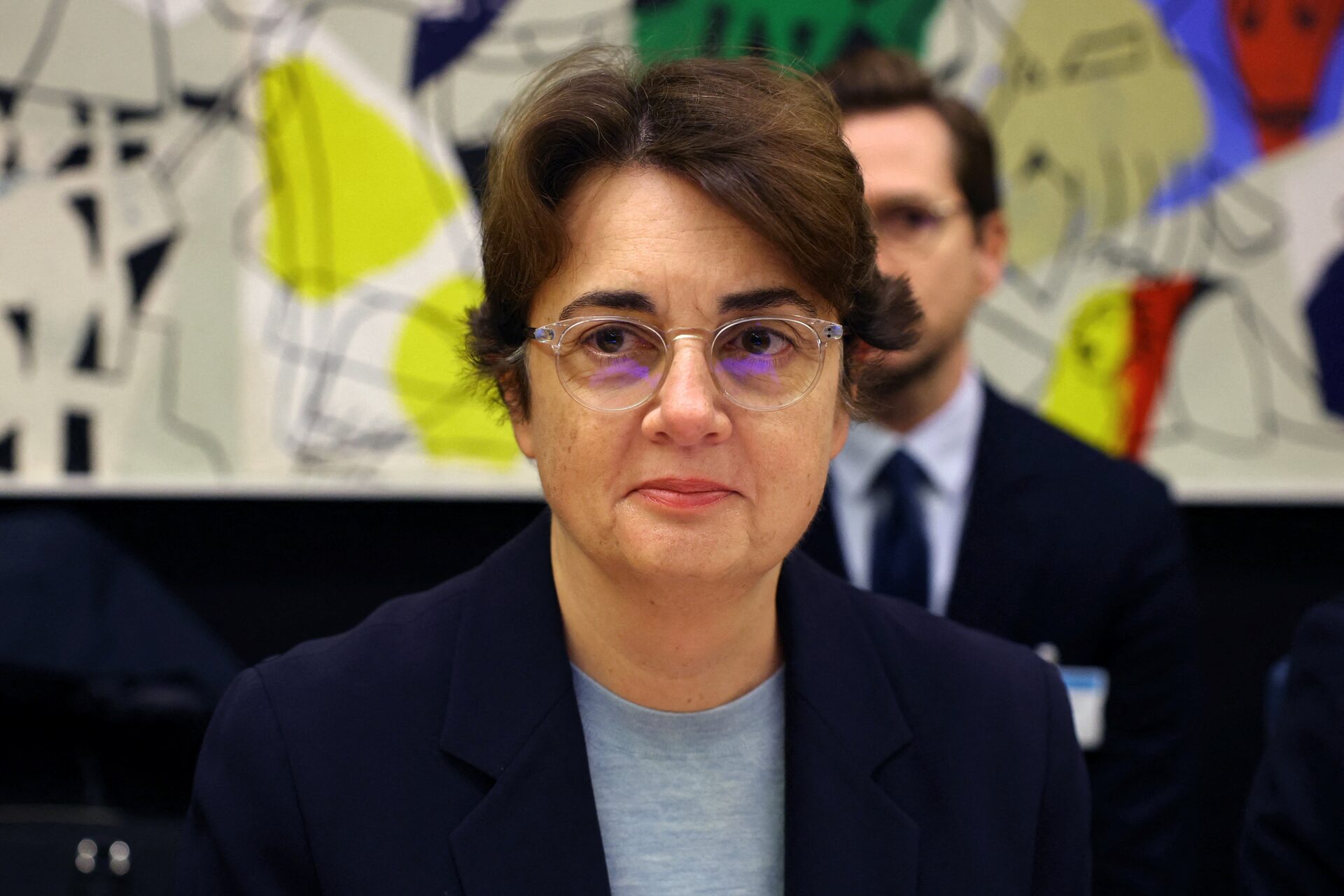
The director of the Louvre Museum, Laurence des Cars, has resigned months after a dramatic theft involving France’s historic crown jewels.
Her resignation was submitted to President Emmanuel Macron, who reportedly described the move as an act of responsibility amid ongoing scrutiny of the museum’s security systems.
The theft occurred on the morning of 19 October last year, when intruders used a stolen vehicle-mounted mechanical lift to access the Galerie d’Apollon via a balcony overlooking the River Seine.
Authorities have arrested four main suspects in connection with the incident. However, the eight stolen pieces — valued at approximately €88m — remain missing.
Among the items taken was a diamond and emerald necklace once gifted by Napoleon Bonaparte to his wife. During their escape, the thieves dropped a 19th-century diamond-studded crown belonging to Empress Eugénie, causing damage. The museum has since released images showing the crown to be nearly intact and potentially restorable.
The Louvre, which attracts more than 8.7 million visitors annually and houses masterpieces such as Leonardo da Vinci’s Mona Lisa, has faced increasing attention over its infrastructure.
Shortly after the theft, des Cars acknowledged that the museum’s external CCTV system was outdated. Notably, the only camera monitoring the exterior wall breached during the break-in was not directed toward the balcony used by the suspects.
Security upgrades had been planned, including a proposal to double surveillance coverage, but funding constraints posed challenges for implementation.
A parliamentary inquiry is now examining the circumstances that allowed the theft to occur. A preliminary report has pointed to systemic weaknesses in security arrangements.
In recent weeks, the museum has also confronted additional operational pressures, including a suspected ticket fraud scheme and a water leak — issues that have intensified calls for institutional reform.
News
Trump’s Global Tariff Rollout Begins at 10% Amid Policy Adjustments

New global tariffs introduced by US President Donald Trump have officially taken effect at a rate of 10%, lower than the higher levels previously indicated.
Following a ruling by the US Supreme Court that blocked several of his broader import tax measures, Trump initially announced plans for a 10% global tariff before later signalling an increase to 15%.
However, official documentation confirms that the tariffs were implemented at the 10% rate from Tuesday, with no formal directive yet issued to raise them further. The White House is reportedly working on updating the rate to reflect the proposed 15%, though no timeline has been confirmed.
The move follows Friday’s executive order introducing the temporary tariff under Section 122 of the 1974 Trade Act. This provision allows the president to impose import duties for up to 150 days without requiring approval from Congress.
The administration stated the measure aims to address international payment imbalances and strengthen trade conditions for American workers, farmers, and manufacturers.
Trump has consistently argued that tariffs are essential to narrowing the US trade deficit — the gap between imports and exports. Despite these efforts, the deficit widened by 2.1% last year, reaching approximately $1.2 trillion.
The ruling from the Supreme Court also centred on the president’s use of the International Emergency Economic Powers Act (IEEPA), which had previously enabled the administration to collect at least $130bn in tariffs.
Legal and business responses are now emerging. Logistics giant FedEx has filed a lawsuit seeking a full refund of import taxes paid under IEEPA, while advocacy group We Pay The Tariffs says it represents more than 900 American companies requesting swift reimbursement.
While some analysts warn that shifting tariff policies could heighten global trade tensions, administration officials have indicated that the measures are designed to recalibrate trade relationships in a way that supports domestic economic priorities.
News
British Tourist Among 19 Victims in Tragic Nepal Bus Crash

A 24-year-old British national is among 19 people who lost their lives following a devastating bus accident in Nepal, authorities have confirmed.
The tourist bus was en route to Kathmandu from Pokhara when it lost control and plunged approximately 200 metres down a steep slope before crashing onto the banks of the Trishuli River in Dhading district early Monday morning.
A total of 44 people, including the driver, were on board at the time of the incident. While 19 people died, 25 others sustained injuries and were transported to hospitals in Kathmandu for treatment. Children were reported to be among the passengers.
Nepalese authorities identified the British victim as Stewart Dominic Ethan, although his identity has yet to be formally confirmed by the UK Foreign Office, which said it is providing support to the family affected by the tragedy.
Rescue operations involved multiple emergency teams, including police, military personnel, and specialist divers. According to police spokesperson Abinarayan Kafle, 17 victims died at the scene, while two others succumbed to injuries later in hospital.
Officials also indicated that a Chinese citizen may be among the dead, though this has not been fully confirmed. Among the injured are nationals from China and New Zealand.
Authorities have launched an investigation to determine the cause of the crash.
Road accidents remain a significant challenge in Nepal due to difficult terrain, narrow mountain routes, and road conditions. A similar tragedy occurred in 2024 when a bus travelling between Pokhara and Kathmandu fell into the Marsyangdi River in Tanahun district, resulting in at least 14 fatalities.
Despite such risks, Nepal continues to attract visitors from around the world, particularly adventurers drawn to the Himalaya, home to some of the highest peaks globally, including Mount Everest. Tourism, especially mountaineering, remains an important contributor to the nation’s economy, generating significant revenue each year through climbing permits.
-

 News1 week ago
News1 week agoPolice Review Private Flights at Stansted Following Epstein File Revelations
-

 Entertainment1 week ago
Entertainment1 week agoTech-Inspired Musician Look Mum No Computer to Represent UK at Eurovision
-

 News1 week ago
News1 week agoDNA Test Yields No Match in Search for Missing Nancy Guthrie
-
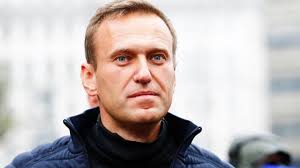
 News1 week ago
News1 week agoRussia killed opposition leader Alexei Navalny using dart frog toxin, UK says
-

 News1 week ago
News1 week agoTributes Pour In as Civil Rights Icon Jesse Jackson Dies at 84
-
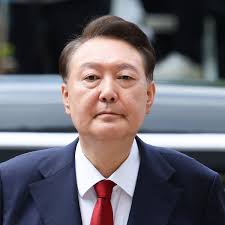
 General6 days ago
General6 days agoSouth Korea’s ex-president jailed for life over martial law attempt
-

 News3 days ago
News3 days agoBritish Tourist Among 19 Victims in Tragic Nepal Bus Crash
-
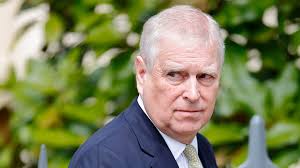
 News5 days ago
News5 days agoInvestigation Continues as Andrew Released After Historic Royal Arrest



